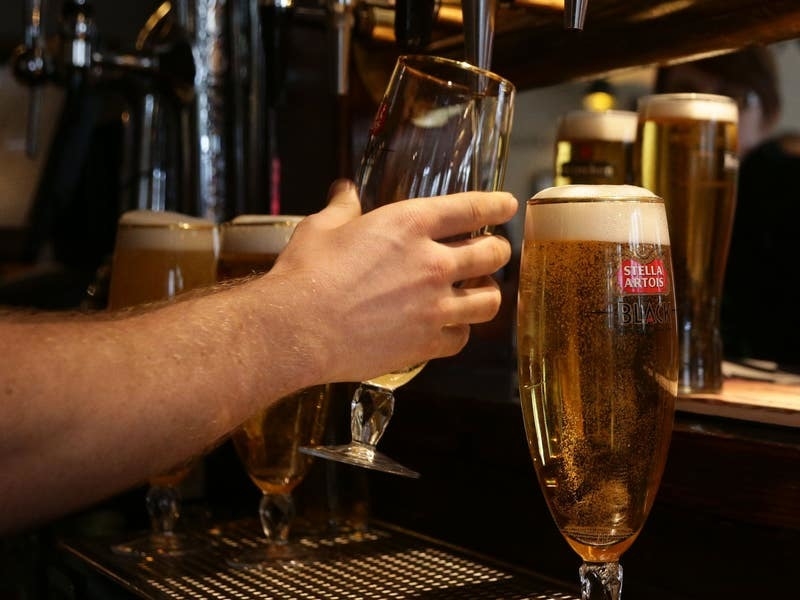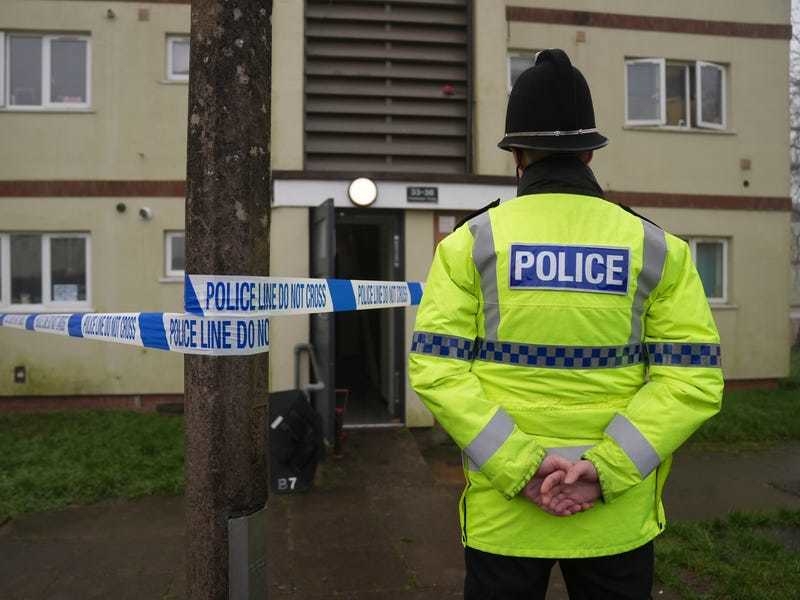Three more positive cases were confirmed yesterday afternoon and all patients are said to be ‘well and self-isolating’ having contracted the virus overseas. Health bosses said there had been no evidence of transmission within Jersey to date.
However, only vulnerable Islanders and those who have travelled back from high-prevalence countries – known as tier 1 and tier 2 states – are being tested.
Medical director Patrick Armstrong again stressed that up to 30% of people may not even realise they have the virus – which makes stopping its spread impossible – and for others it may present as mild symptoms.
Scores of Islanders and social media commentators have called for Jersey to go into lockdown and introduce enforced travel bans and isolation similar to countries such as Italy and China. But Caroline Landon, director general of health, said moving to tough measures too quickly risked ‘fatigue’ and with that, the risk that Islanders may not then adhere to government advice as the situation heightens.
‘Flattening the wave does not mean stopping the epidemic, we cannot do that. It means stretching it out as much as possible to reduce the impact on our health service and to give us the best chance to save lives,’ Mrs Landon told a press conference.
‘We will see the same number of Islanders affected but over a longer period and we will be in a better place to look after those who are seriously ill at any one time.’
She also reiterated that Jersey was behind the UK and Europe in terms of the virus’s progression and so could learn from those jurisdictions.
‘If we were to take pro-active steps then we risk fatigue setting in meaning the Island will not observe restrictions when we most need them too.’
Mr Armstrong added: ‘It maybe feels for people that we are not doing much but by adhering to the advice it will really have an impact and help us in the days to come.
‘The virus is here and we cannot stop it but what herd immunity is if someone suffers from the virus – 30% will not even know they have had it and some will have mild symptoms – they will develop immunity in the future and the rate of transmission will slow.’
The UK has more than 1,500 confirmed cases but experts estimate there could be thousands more as not everyone who gets it will be tested and the vast majority will not require medical attention.
Figures leaked earlier this month estimated that up to 50 Islanders could die in a reasonable worst-case scenario, up to 250 would require hospital treatment and 65 care in intensive units.
Jersey has 29 ventilators – machines that help critically-ill patients breathe.
Mr Armstrong said health bosses also had to make sure more staff were fully trained.
Asked about extra hospital space, Mrs Landon said: ‘We have looked across the economy to see where we can flex capacity if required and we have identified a number of sites should we need to decant.’ The exact locations have not been disclosed.






